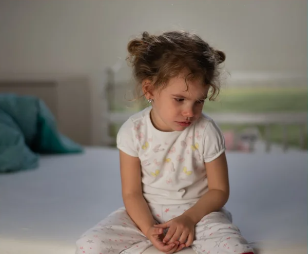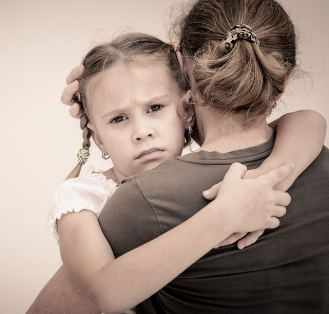Behavioural and emotional problems in young children which make it difficult for them to form bonds with their parents or primary caregivers are known collectively as attachment disorders.
Primal bond
From birth, a child normally forms an immediate bond with their primary caregiver, in most cases with a parent. But for some children, this basic human connection doesn’t happen. Typically, this is due to them having been separated from their caregiver or as a result of neglect or abuse. When this happens, the close attachment that they should form doesn’t happen, leading to an attachment disorder and problems into adulthood if not treated.

Symptoms
Some of the behaviours that a child with an attachment disorder may exhibit include lack of affection, eye contact and difficulty in expressing anger. However, the NSPCC says that some children, especially those who have been subject to abuse, trauma or neglect, may develop coping strategies which make it difficult to recognise attachment issues.
Training
It may be that caregivers wish to seek professional help to diagnose and deal with such emotional attachment issues. If you are in need of mental health training courses Swansea has a number of providers such as https://www.tidaltraining.co.uk/mental-health-training-courses/swansea who offer specialist training.
Treatment
To help a child form appropriate attachments, it is best to seek professional support as soon as possible to address their emotions and change their thought processes. This might include family therapy, play therapy and social skills, where they can learn how they can positively interact with their caregivers.

Parental support
It’s also vital that parents or caregivers are supported to understand ways in which to help their child. They may also have their own struggles to deal with, including drug and alcohol abuse, mental health issues or their own experience of trauma or abuse.


